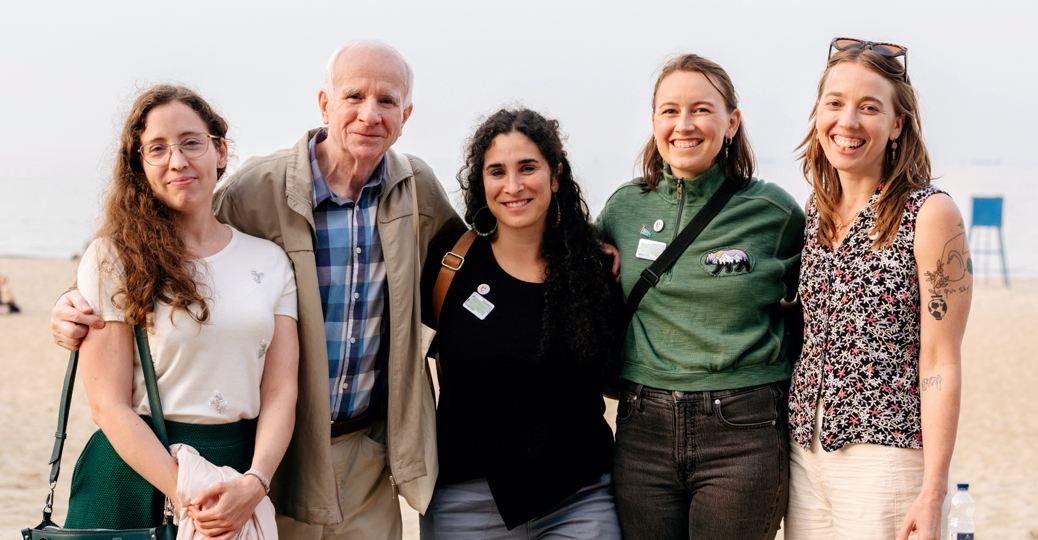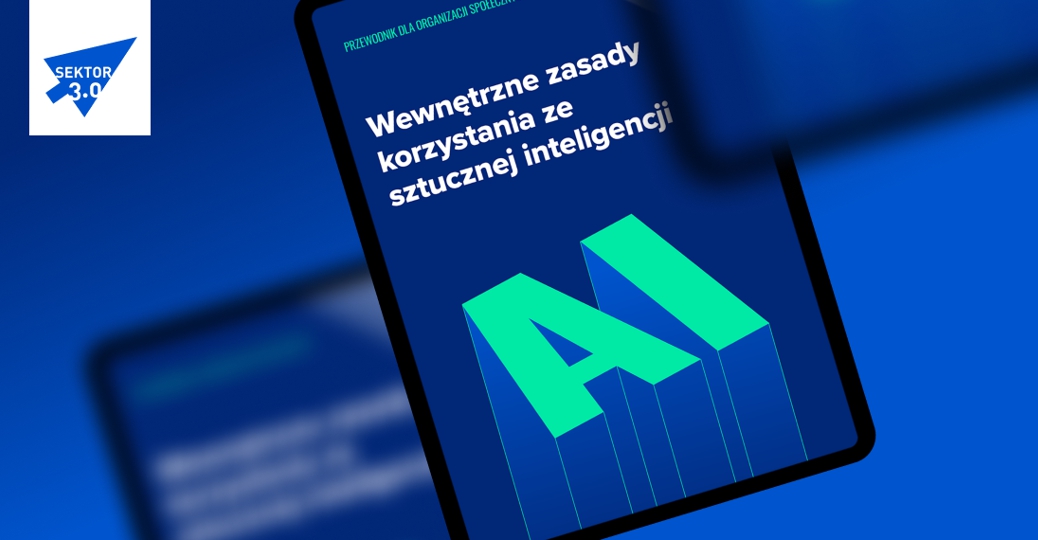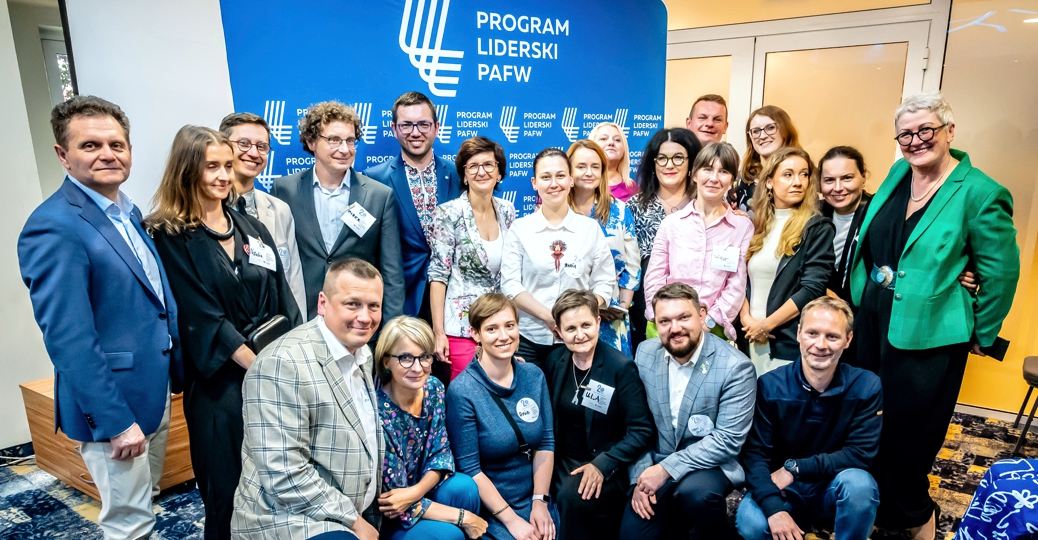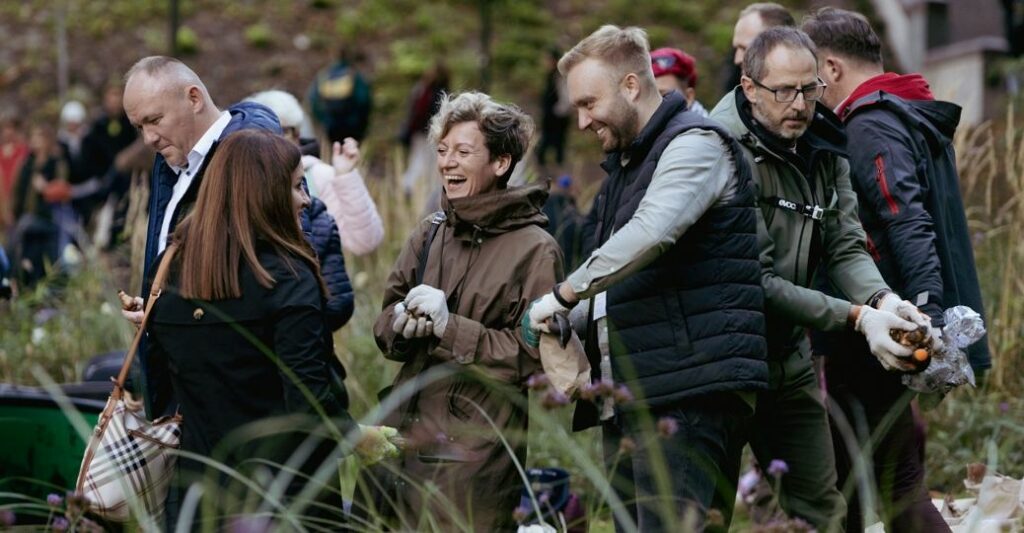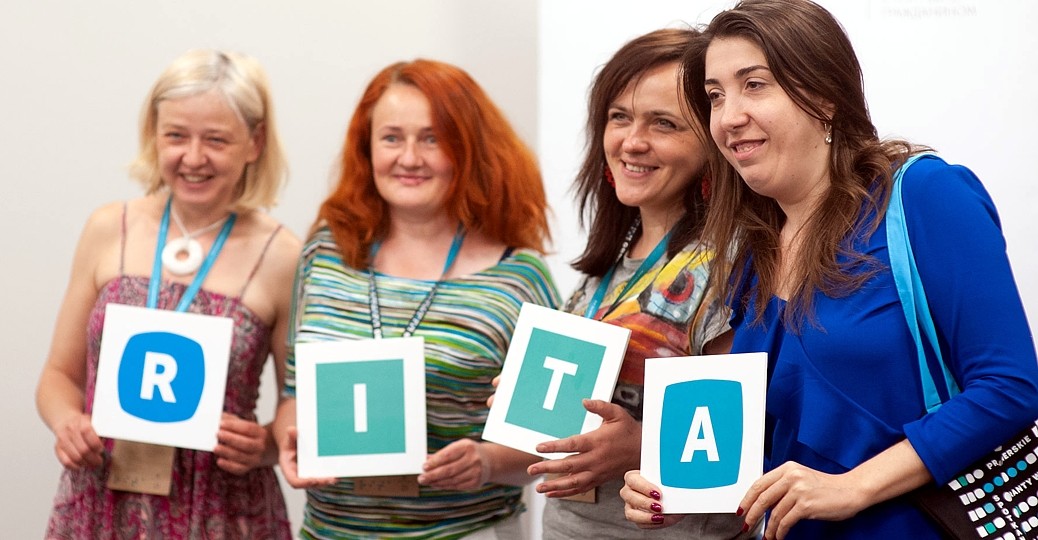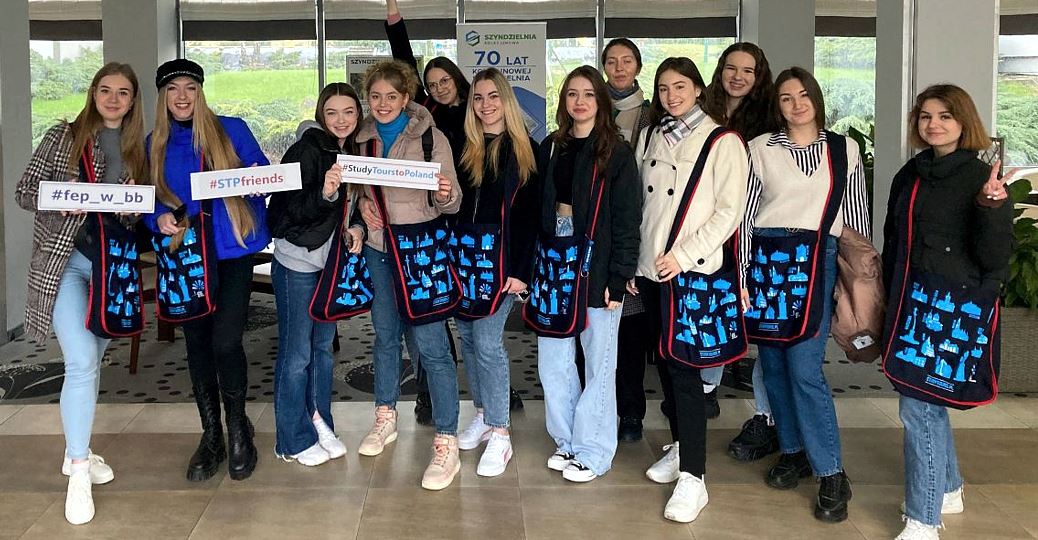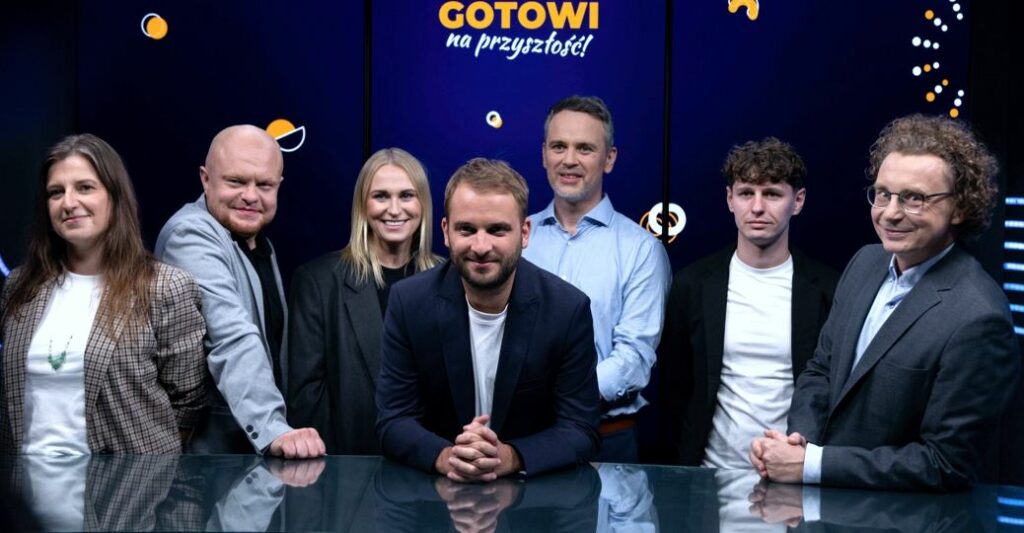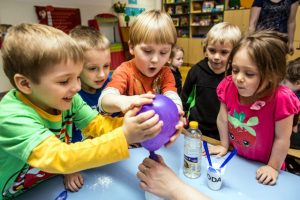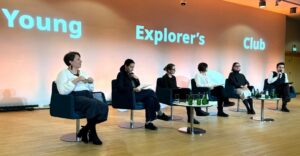Are young people really “escaping into screens”? Or is it perhaps adults who are unable to find their place in the digital world, which is a natural environment for young people? These questions were addressed by participants in the “Ready for the Future” debate, organized by the “Equal Opportunities” program and broadcast live on the Goniec.pl portal. The meeting was moderated by the portal's editor-in-chief, Janusz Schwertner.
Digital divide or shared space?
At the outset, Dr. Michał Krzykawski pointed out that “there are no longer two worlds — the real and the virtual. There is one shared world in which we must learn to live together, regardless of when we were born.” This statement became the reference point for the entire discussion. The panelists agreed that the screen itself is not the problem — the problem may be the lack of relationship and understanding between generations.
The voice of practitioners – educators, teachers, animators
The debate was attended by experienced practitioners working with young people: Anna Cieplak, writer and cultural animator; Jakub Kuś, media psychologist; Angelika Fredrich, educator and social skills trainer; Dr. Aleksandra Piotrowska, developmental psychologist; Patryk Zakrzewski, trainer and youth project animator; as well as Radosław Jasiński and Mirosław Czyżewski representing Polish-American Freedom Foundation.
Curiosity and co-creation instead of prohibitions
As Anna Cieplak emphasized: “Instead of asking how to take away young people’s phones, let’s ask what makes them want to put them down. It’s a completely different starting point for a conversation.”
Jakub Kuś, on the other hand, noted that “technology is not the enemy. The problem arises when it becomes the only source of stimuli and relationships.” That is why it is so important for adults to enter the digital world of young people with curiosity rather than fear. Angelika Fredrich added: “If we want to regain the attention of young people, we must first regain our relationship with them. The screen can be a bridge, not a wall.”
Technology as a space for development
Although the discussion touched on threats such as addiction, misinformation, and loneliness, examples of the positive use of screens for learning, creativity, and social action were equally prominent. Dr. Aleksandra Piotrowska noted: “Young people need adults who will be their guides, not guardians. This requires us to be curious and willing to learn.”
Patryk Zakrzewski added: “When we allow young people to co-create projects in which technology is a tool, not a goal, truly engaging things happen.”
New skills for adults
An important theme was the role of adults as learning partners. The panelists called for the development of digital skills among teachers, educators, and parents. It is not about knowing every trend in social media, but about not being afraid to ask questions and talk about issues hat are important to young people.
“Ready for the Future” – a space for dialogue
The fifth debate was part of the broader “Ready for the Future” project, a part of Polish-American Freedom Foundation’s “Equal Opportunities” program, which creates space for adults working with young people to share experiences. It is a place where you can not only talk about challenges, but also look for solutions, find inspiration, and build a new approach to education and inter-generational relations.
“Every young person has an incredible gift for contesting. For young people, new things are interesting on the one hand, but on the other, they are not obvious. Hence the questions that often irritate us, adults: but why? This is a reminder that perhaps we are wrong and we need to look for new solutions, new perspectives, new tools, and new ways,” explains Paweł Walecki, Director of the “Equal Opportunities” program.
Radosław Jasiński drew attention to the broader context: “For 25 years, Polish-American Freedom Foundation, among others in the ‘Equal Opportunities’ program, has been supporting local initiatives which show that young people can use technology to bring about real change in their environment. The key is to trust them and give them space to act.” Mirosław Czyżewski pointed to the importance of lasting effects: “It is important that projects involving young people do not end with the end of funding. The point is that the experience and relationships gained should pay off for years to come – in the community and in the lives of the participants.”
Summary: regaining attention by regaining relationships
The meeting did not provide any simple solutions, but it clearly pointed the way forward: if we want to regain the attention of young people, we must first regain our relationship with them. The screen does not have to be an obstacle – it can become a bridge. It all depends on whether we are willing to cross it together.
Organizers:
- Polish-American Freedom Foundation
- The Civis Polonus Foundation (the Manager of the “Equal Opportunities” program)
Institutional partners:
- Commissioner for Children’s Rights – Monika Horna-Cieślak
- The “Sector 3.0” program
Media patrons:
- Goniec.pl
- NGO.pl
- Lustro Biblioteki
- Edukacja i Dialog
More information:









